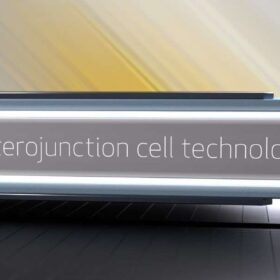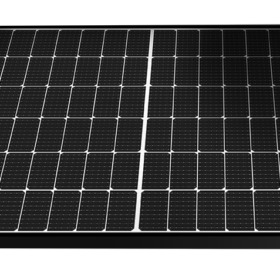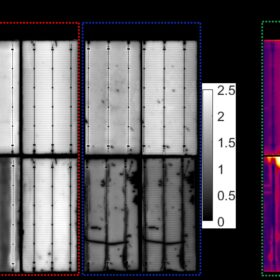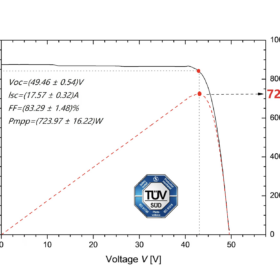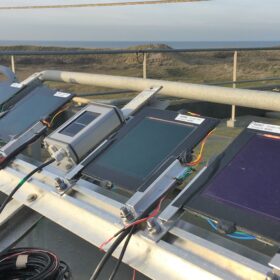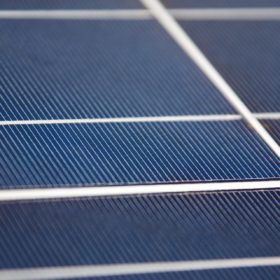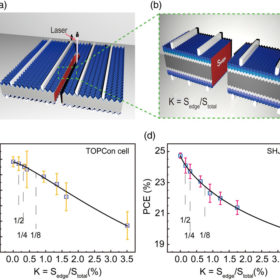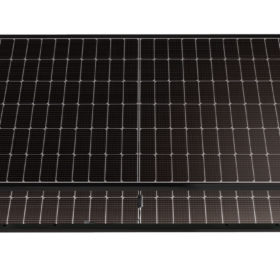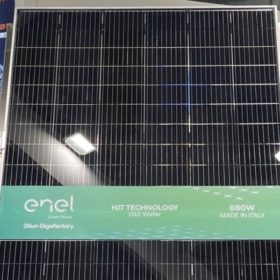REC launches 430 W heterojunction solar module with 22.2% efficiency
REC has developed a new series of residential heterojunction solar panels with efficiencies ranging from 20.6% to 22.2% and an operating temperature coefficient of -0.24% per degree Celsius.
Chinese PV Industry Brief: Huasun secures 2 GW PV order
Huasun has secured an order for 2 GW of solar panels from Power China, while Deye said it is seeking to raise CNY3.5 billion to expand its inverter production capacity.
Scientists warn of heat-induced failure risks in HJT glass-backsheet PV modules
University of New South Wales researchers have identified four failure modes caused by damp heat in heterojunction solar panels with a glass-back sheet configuration. The failures could result in power losses ranging from 5% to 50%.
Huasun claims 23.30% efficiency, 723.97 W output for utility-scale solar panels
Huasun’s new PV modules have an open-circuit voltage of 49.46 V, a short-circuit current of 17.57 A, and a fill factor of 83.29%. Germany’s TÜV SUD has confirmed the results.
Dutch-German consortium to bring 2T perovskite/silicon tandem PV to market
The consortium says it intends to develop a simplified approach and best practices to produce 2T perovskite-silicon tandem solar products. The modules should have a bifacial design, glass-glass encapsulation, and a power output of over 300 W/m2.
Chinese IT company enters solar module business with 8 GW factory
China’s 35.com said it will invest CNY 1.5 billion ($218.4 million) in the production of solar modules based on heterojunction cells.
Enel announces potential partner for 3 GW solar module factory in Italy
Enel CEO Francesco Starace says the company is talking to an unspecified international investor about the sale of a 50% stake in its new 3 GW heterojunction solar module factory in Catania, which is scheduled to start operations in September.
Spray passivation to reduce losses in TOPCon, HJT cell-to-module process
Chinese researchers have developed a new passivation technique for shingled solar panels based on tunnel oxide passivated contacts (TOPCon) or heterojunction (HJT) tech. It reduces recombination losses in the cell-to-module process and reportedly increases open-circuit voltage, fill factor, and efficiency.
Recom launches bifacial heterojunction solar panel with 395 W output
Recom’s newest solar panels feature efficiencies of up to 21.68% and a temperature coefficient of -0.24% per degree Celsius. The company is offering a 30-year power output guarantee for 91.25% of the initial yield.
Enel unveils 680 W n-type heterojunction solar panel for utility-scale applications
Enel Green Power’s new solar panel has average efficiencies ranging from 22.6% to 22.9% and a temperature coefficient of -0.24% per degree Celsius. It is based on an n-type solar cell with G12 format and a power conversion efficiency of 24.6%.
